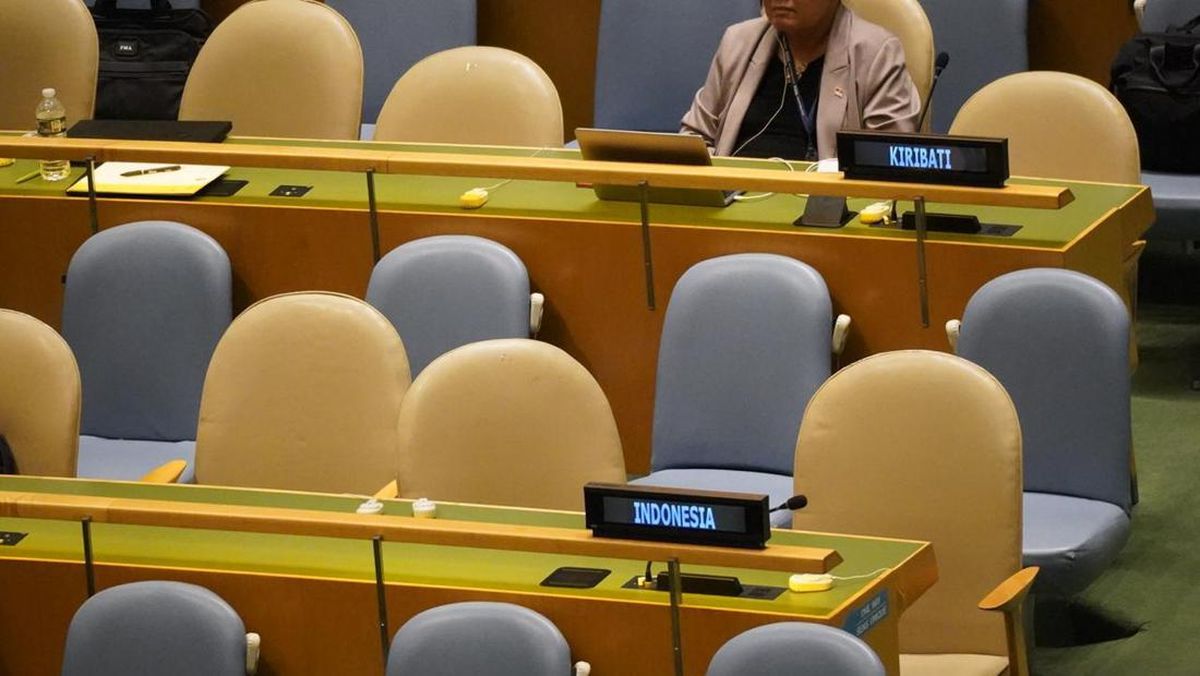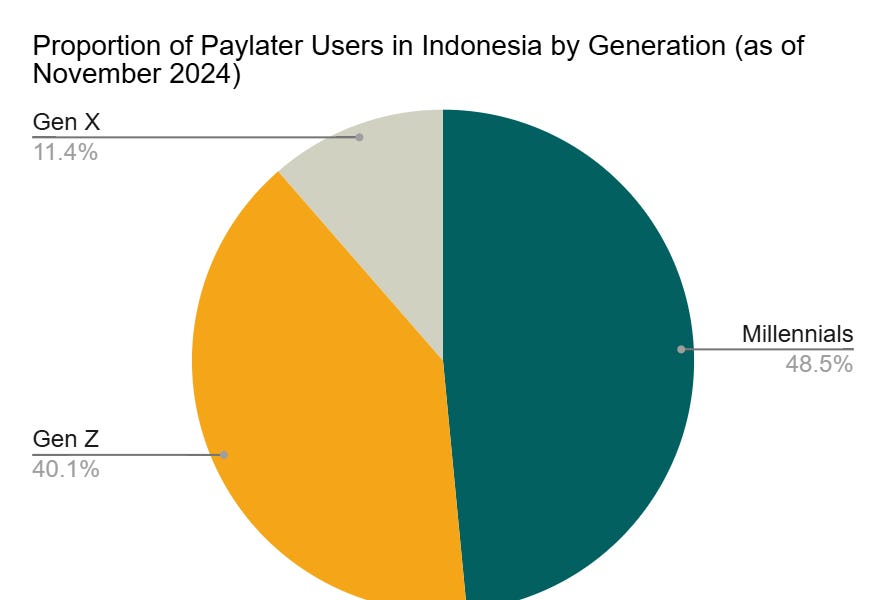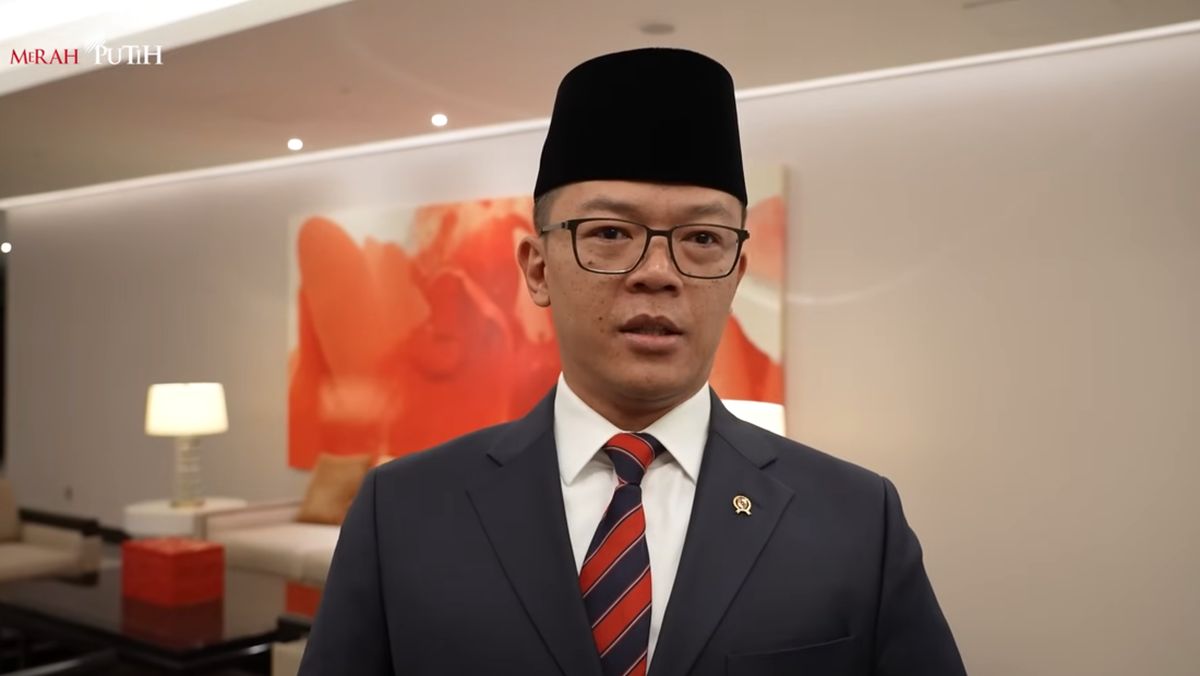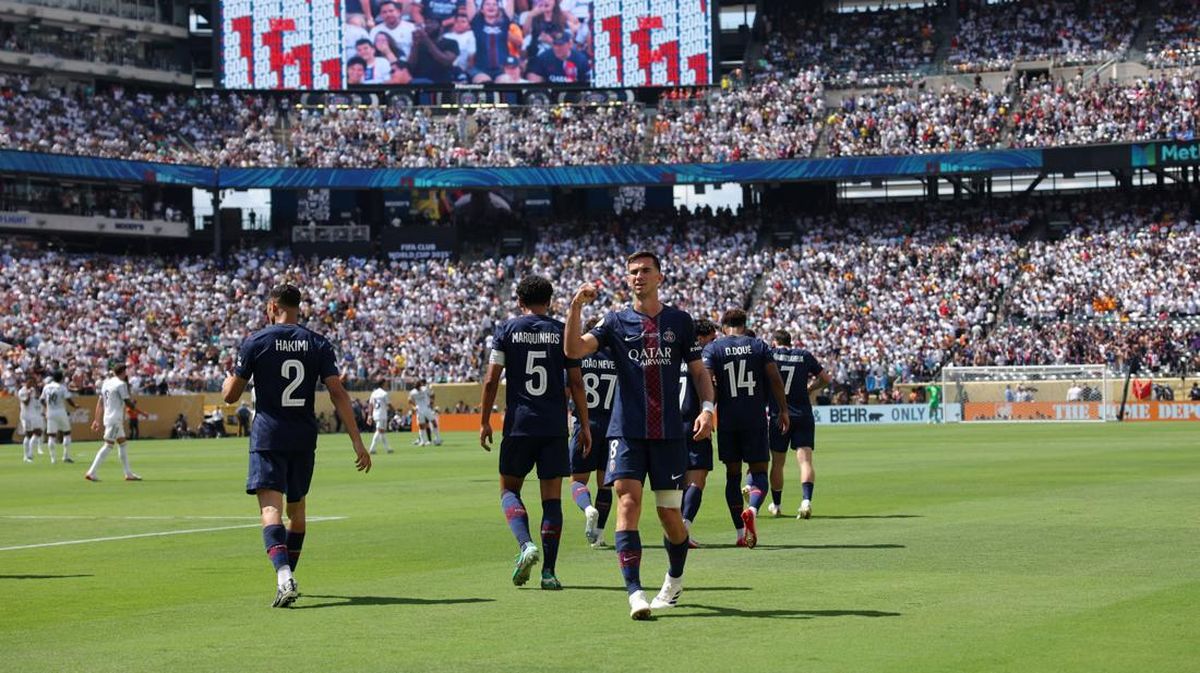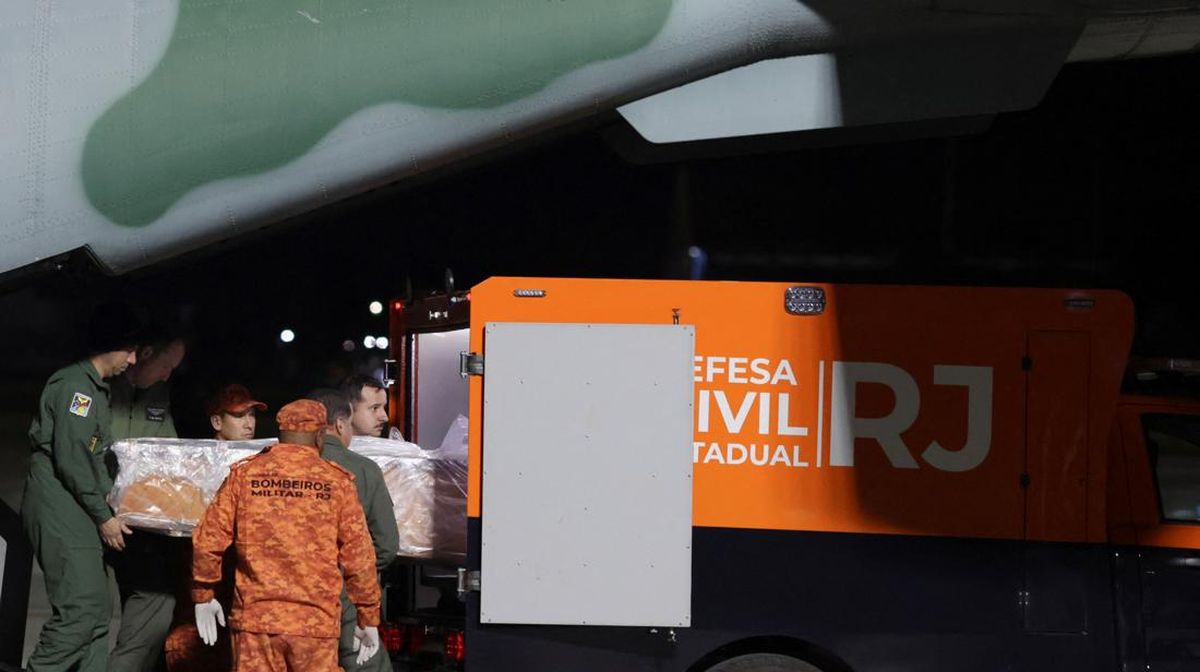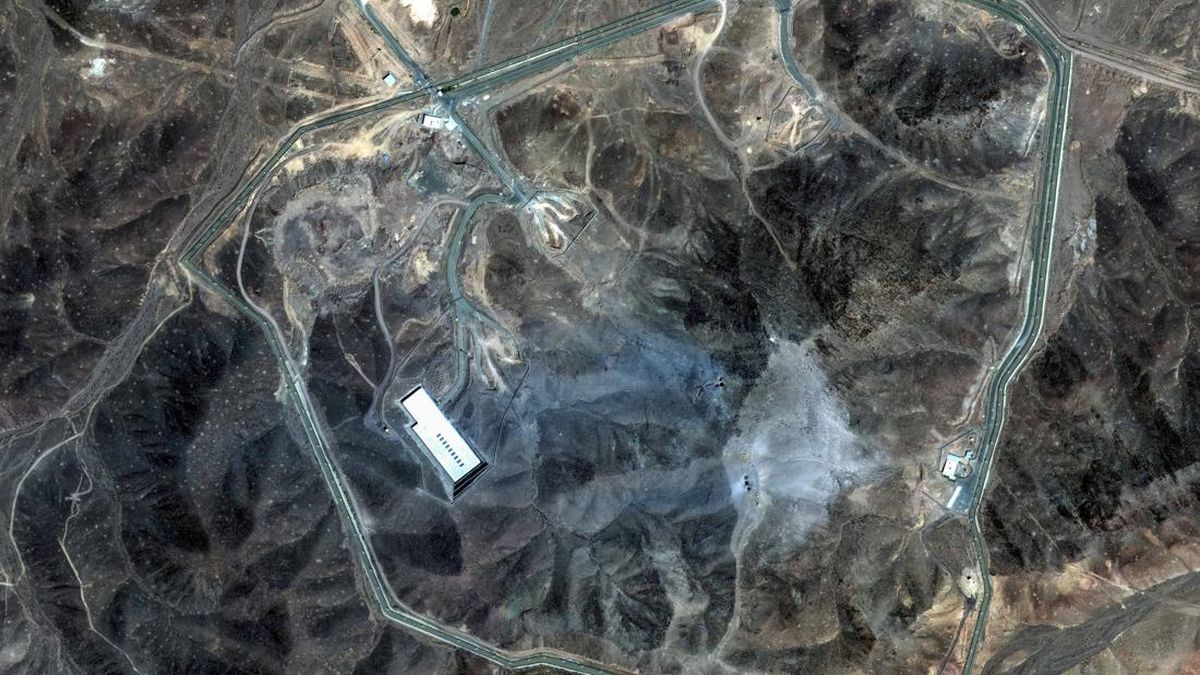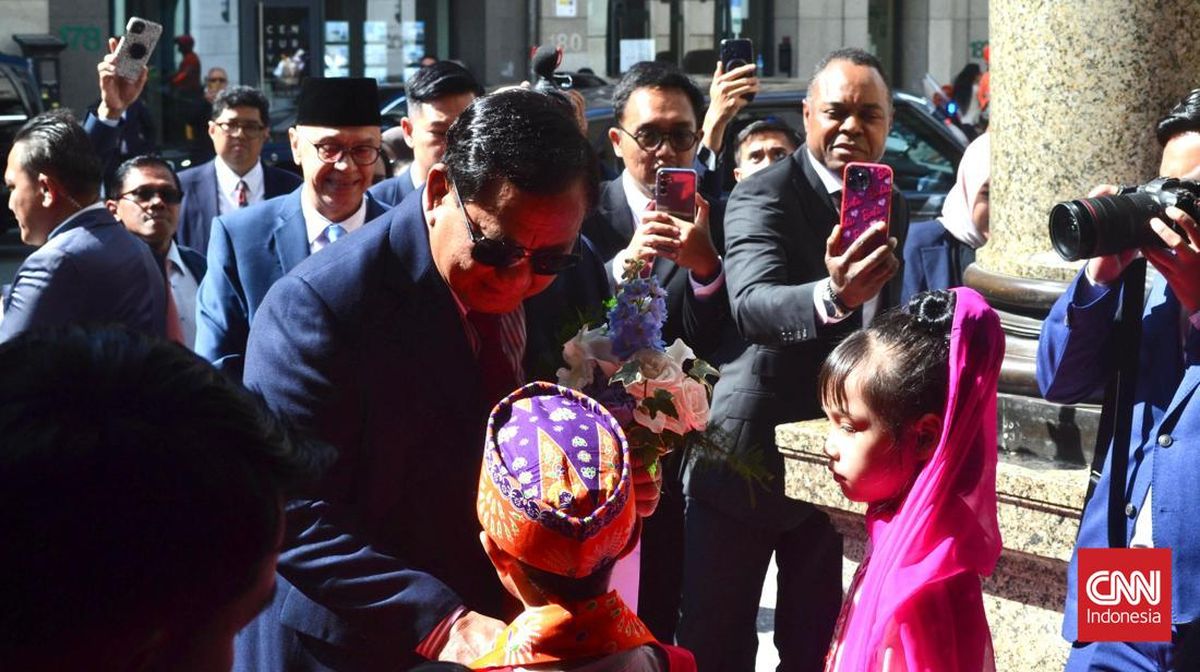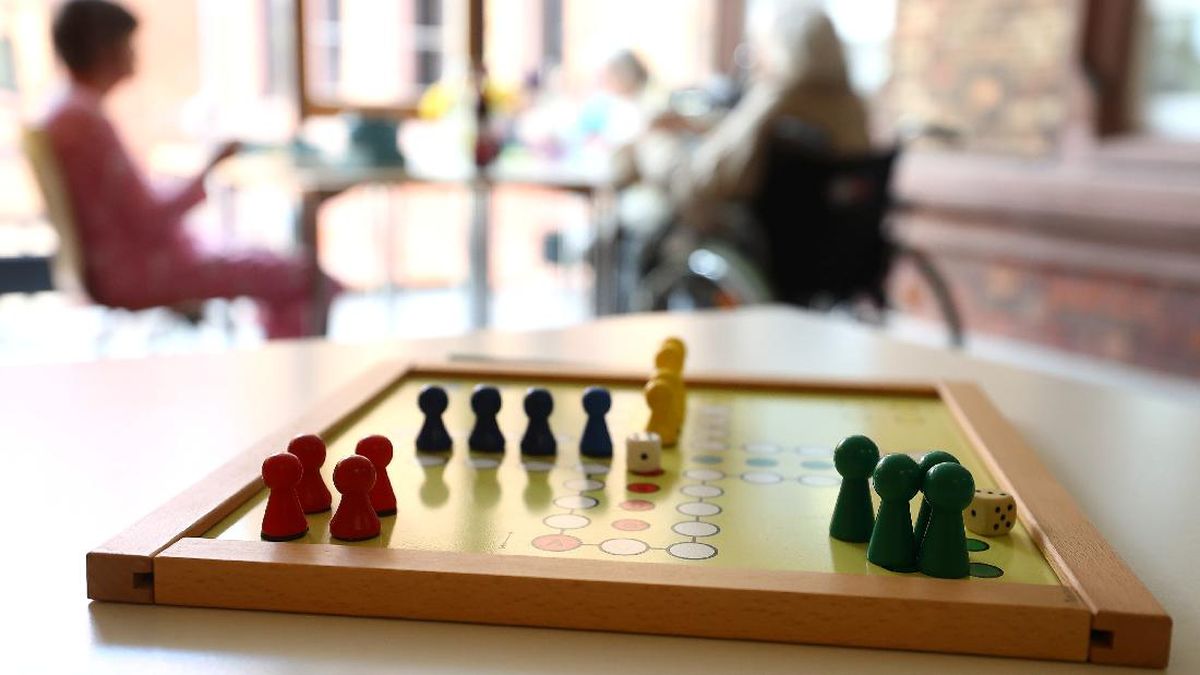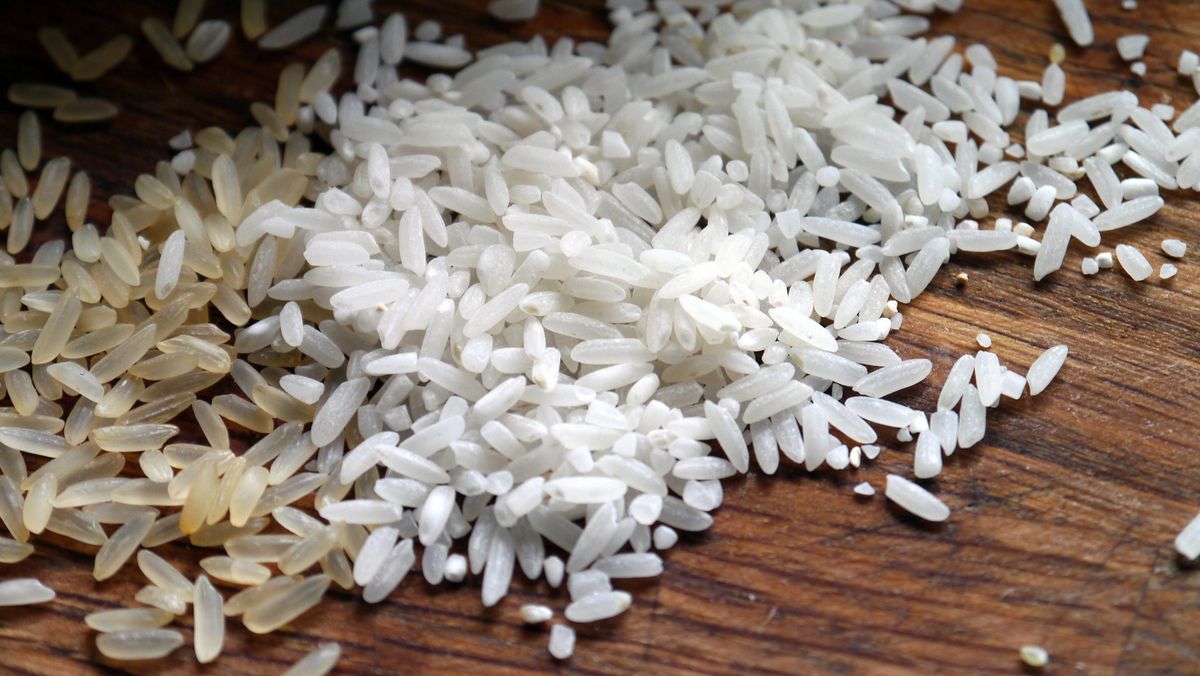Five people have been killed in Ukraine after Russia launched hundreds of drones and missiles across the country overnight, which officials said targeted civilian infrastructure.
Ukraine’s President Volodymyr Zelenskyy said on Sunday that Russia fired approximately 50 missiles and 500 attack drones.
Recommended Stories
list of 4 items- list 1 of 4Poland deploys air defences as Russia launches new strikes on Ukraine
- list 2 of 4Russian attack on passenger train in Ukraine’s Sumy kills one, injures 30
- list 3 of 4How much of Europe’s oil and gas still comes from Russia?
- list 4 of 4Russia-Ukraine war: List of key events, day 1,319
“The Russians struck with cruise missiles, Shaheds and Kinzhals among other things,” he said. “The Lviv, Ivano-Frankivsk, Zaporizhzhia, Chernihiv, Sumy, Kharkiv, Kherson, Odesa, and Kirovohrad regions were all targeted.”
One person in the eastern city of Zaporizhzhia and four members of a family in Lviv were killed in the attack. One of those killed was a 15-year-old girl.
Lviv’s mayor, Andriy Sadovyi, said that the city was left without power and that public transport was affected. Sadovyi warned residents of the city not to go outside, citing smoke and several ongoing fires.
Mykola Dmytrotsa, a resident of Lapaivka village just outside Lviv, said his house was struck.
“All windows were blown out, doors and everything inside, too. What else can I tell you? I do not even want to talk about it. No doors, no windows, no roof,” he told the Reuters news agency.
Volodymyr Hutnyk, a local official, said: “In this area, 10 private homes were damaged so severely that they are no longer habitable. They will need to be dismantled and rebuilt. Many other houses have shattered windows and doors, and their roofs have been damaged.”
Lviv is near Ukraine’s border with Poland and has generally avoided the worst of Russia’s attacks.
Maksym Kozytskyi, the governor of Lviv region, said it was the largest attack the region had experienced throughout the war, which has lasted more than three years.
“Across all affected areas, residential buildings and critical infrastructure were damaged,” Ukraine’s Prime Minister Yulia Svyrydenko said. “Moscow continues to strike homes, schools, and energy facilities – proving that destruction remains its only strategy.”
“Ukraine was shattered by explosions last night,” said Kira Rudik, a member of Ukraine’s parliament. “Every one of these tragedies could have been prevented if Russia had been stopped.”
At least 30 people were killed on a passenger train in Sumy due to a Russian strike on Saturday, which Ukraine’s president said was “savage”.
Poland scrambles jets
Poland said it mobilised its fighter jets along with NATO allies to respond to the strike, which the Polish air force said was “preventive in nature” and “aimed at securing the airspace and protecting citizens”.
Around 20 Russian drones entered Polish airspace in early September, raising concerns about the possible spillover of Russia’s attacks onto Polish and NATO territory. Russia has also been accused in recent weeks of violating the airspace of other NATO members, including Norway, Estonia, Lithuania and Denmark.
Belgium on Friday said 15 drones were spotted flying over a military base in the country’s east. Its Defence Minister Theo Francken said there was no evidence linking Moscow directly, but added, “Personally, I think those drones are often an example of hybrid threats. This is a way to sow unrest. That has been Russia’s pattern for many years.”
Russia has denied responsibility for many of the attacks, with President Vladimir Putin mocking countries claiming Russia was behind the drone attacks over the weekend.
 (Al Jazeera)
(Al Jazeera)On Saturday, Denmark said Russian naval vessels had tracked Danish ships, sailed on collision courses, tracked aircraft with their radars and pointed their weapons. “Russia is using military means, including in an aggressive way, to put pressure on us without crossing the line into armed conflict in a traditional sense,” Danish intelligence director Thomas Ahrenkiel said.
The European Union’s foreign policy chief, Kaja Kallas, said Russia is “masking its failed summer offensive with terror attacks on Ukrainian civilians and infrastructure”. Kallas said the EU was prepared to back Kyiv for “as long as needed” and said a new sanctions package was being prepared.
Lithuania’s foreign minister, Kestutis Budrys, joined Zelenskyy after the attack in calling on countries around the world to stop purchasing Russian energy, which they said fuels Moscow’s war machine.
“We must stop feeding its imperial appetite and put an end to state terrorism,” Budrys posted on X.
These incidents come as Europe has hardened its position on Russia, announcing new sanctions, the possibility of using Russian money for Ukraine and purchasing NATO arms for Kyiv, while the US has warmed to the Kremlin.
Samuel Ramani, a fellow at the United Kingdom-based defence think-tank RUSI, said Russia is retaliating for Europe taking a “sharply” pro-Ukraine position in recent months.
Russia sees Europe as a more “incorrigible adversary, whereas with the Americans, we can still find a way back, a way to do business with them and work with them,” Ramani told Al Jazeera.
“As a result, the Russians are using a variety of tactics like GPS jamming, drones, hot air balloons as we have seen with Lithuania, to signal their discontent.”

 1 month ago
20
1 month ago
20






























